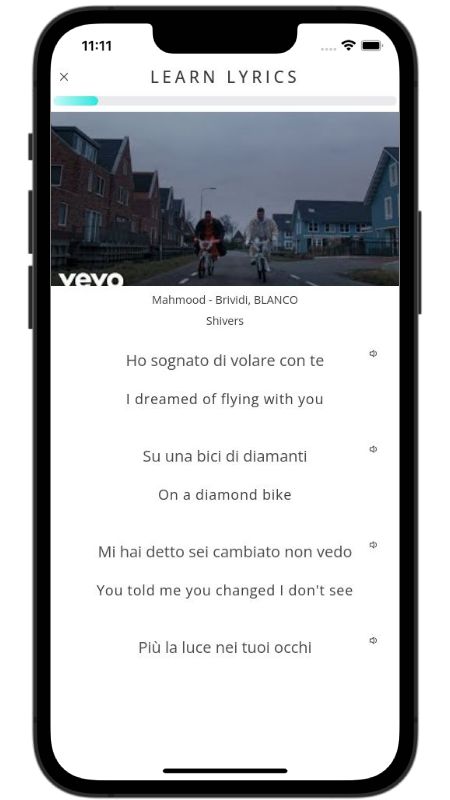Il Mare D'inverno Lyrics in English Loredana Bertè
Below, I translated the lyrics of the song Il Mare D'inverno by Loredana Bertè from Italian to English.
The winter sea
It's just a black-and-white movie seen on TV
And inland
A few clouds dive down from the sky
Wet sand
A letter the wind is carrying away
Invisible spots chased by dogs
Weary arcs of old seagulls
And I stay here alone
Looking for a coffee
The winter sea
It's an idea the mind doesn't consider
It's not very modern
It's something nobody ever desires
Closed hotels
Advertising posters already faded
Cars carve ruts on roads
Where summer rain doesn't fall
And I can't even
Talk to myself
Sea, sea
Nobody ever comes here to drag me away
Sea, sea
Nobody ever comes here to keep us company
Sea, sea
I can't look at you like this
Because
This wind stirs me too
This wind stirs me too
The cold will pass
And the beach will slowly take on color
The radio and the papers
And some trivial music will spread
New adventures
Lit-up discos full of lies
But toward evening a strange concert
And a beach umbrella that stays open
I dive in, puzzled, and moments
Already lived
Sea, sea
Nobody ever comes here to drag me away
Sea, sea
Nobody ever comes here to keep us company
Sea, sea
I can't look at you like this
Because
This wind stirs me too
This wind stirs me too
Sea, sea
Nobody ever comes here to drag me away
Sea, sea
Nobody ever comes here to keep us company
Lyrics and Translations Licensed & Provided by LyricFind
Did you like this lyrics translation?
Did you know?
In addition to reading lyric translations, you can now learn Italian with music and lyrics from your favorite artists.
No more boring lessons. You can now learn with engaging and culturally relevant lyrics from the best artists.
Apple and App Store are trademarks of Apple Inc.
Google Play and the Google Play logo are trademarks of Google LLC.
iOS AppAndroid AppWeb LessonsFree PDF WorksheetsJoin ClassroomLyrics TranslationBlogAbout UsBuy as GiftLifetime











